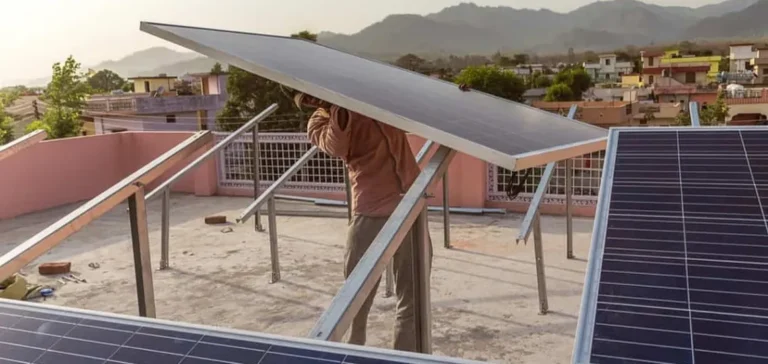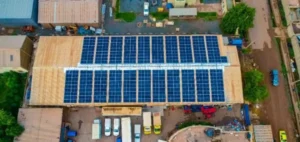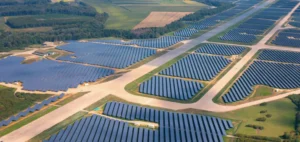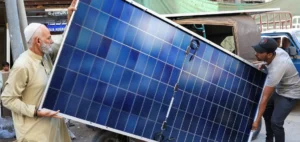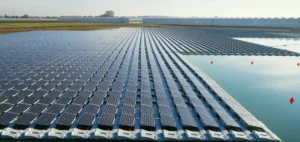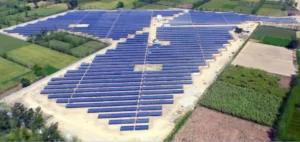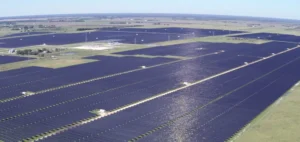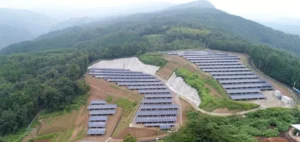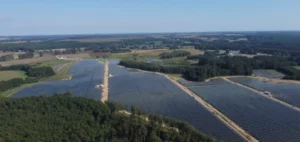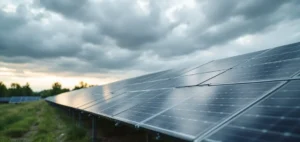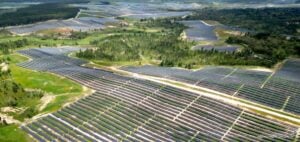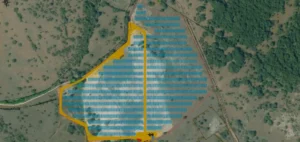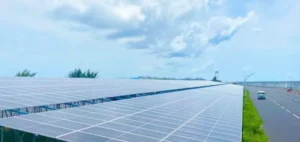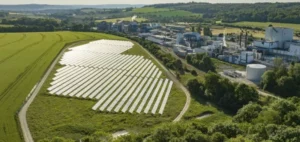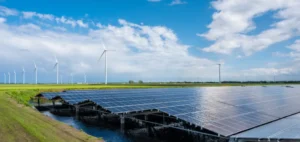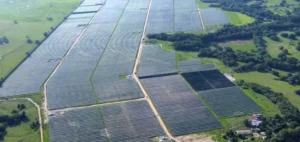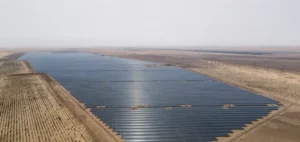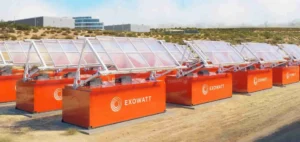Ghana has launched a $200mn (GHS2.38bn) investment programme to deploy solar systems on rooftops of residential and commercial buildings across several regions of the country. The project foresees the installation of 4,000 photovoltaic units with a total capacity of 137 megawatts, according to information released by the national press agency.
The scheme is managed by the Ministry of Energy in partnership with the Energy Commission, the sector’s regulatory authority. It targets property owners with suitable rooftop surfaces, selected through an open call for applications. The initiative combines public funding with private participation under a bilateral agreement signed with Switzerland.
A response to grid constraints
Despite an electricity coverage rate estimated at 89% in 2024, Ghana’s national grid remains under strain, particularly in urban and peri-urban areas where demand exceeds capacity at peak times. In 2024, the Energy Commission recorded a consumption peak exceeding 3,900 megawatts.
The project aims to relieve pressure on the grid during demand spikes by reducing load on existing infrastructure. Installing rooftop solar panels is also expected to curb reliance on diesel-powered generators currently used as backup solutions.
Financial structure and involved actors
Funding will be secured with $60mn from an unnamed private sector partner, while the remaining $140mn will come from a clean energy investment support programme. Certified companies will be in charge of supplying and installing the equipment.
Project officials specified that selected beneficiaries will contribute financially depending on the installed capacity, supplementing public investment. This hybrid model aims to improve long-term profitability and encourage new private entrants in the energy sector.
Towards a more resilient supply strategy
Rooftop solar deployment aligns with the broader goal of diversifying the country’s energy mix. Ghana, which still imports a significant share of its fossil fuels, is seeking to stabilise its power supply and minimise the impact of international price fluctuations.
The project is also part of the government’s roadmap under its Nationally Determined Contributions (NDC), validated by the Paris Agreement Secretariat. This strategic approach aims to progressively enhance energy security while maintaining a framework conducive to investment.


